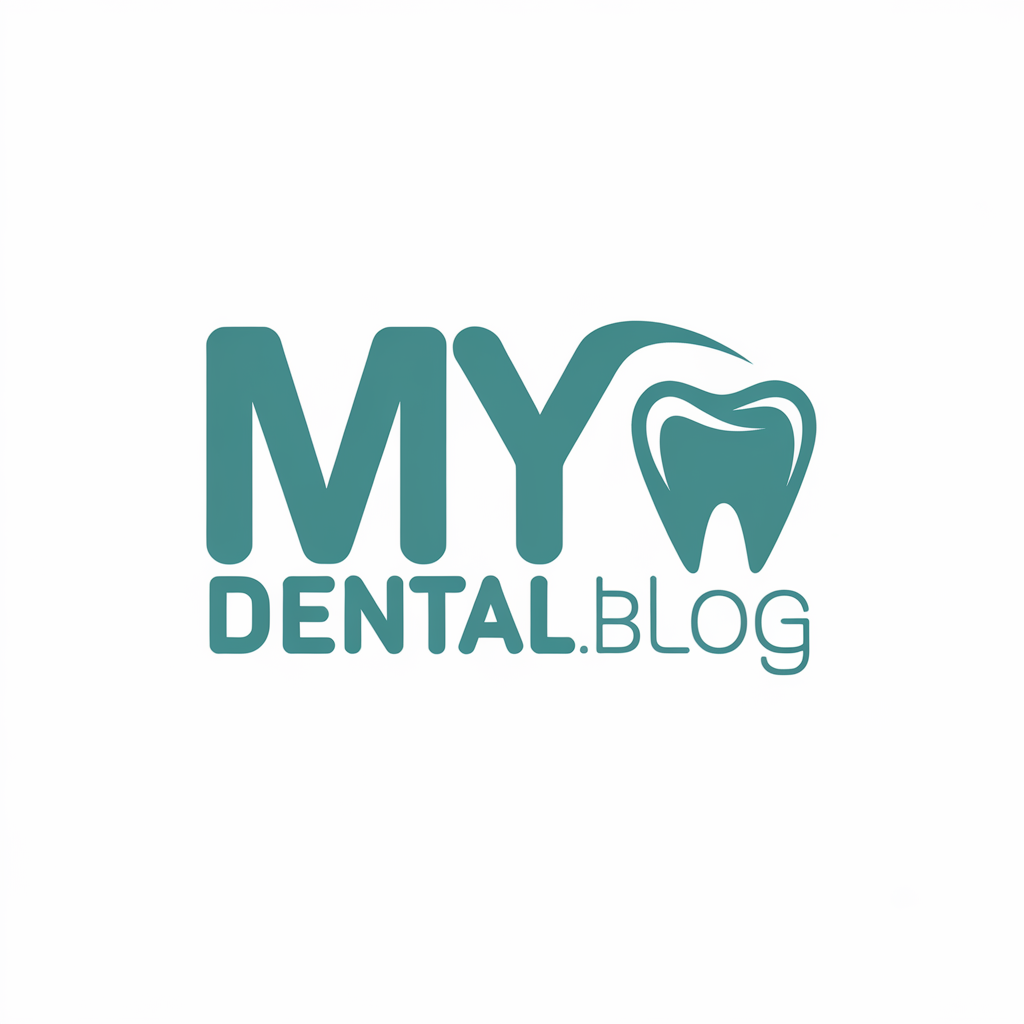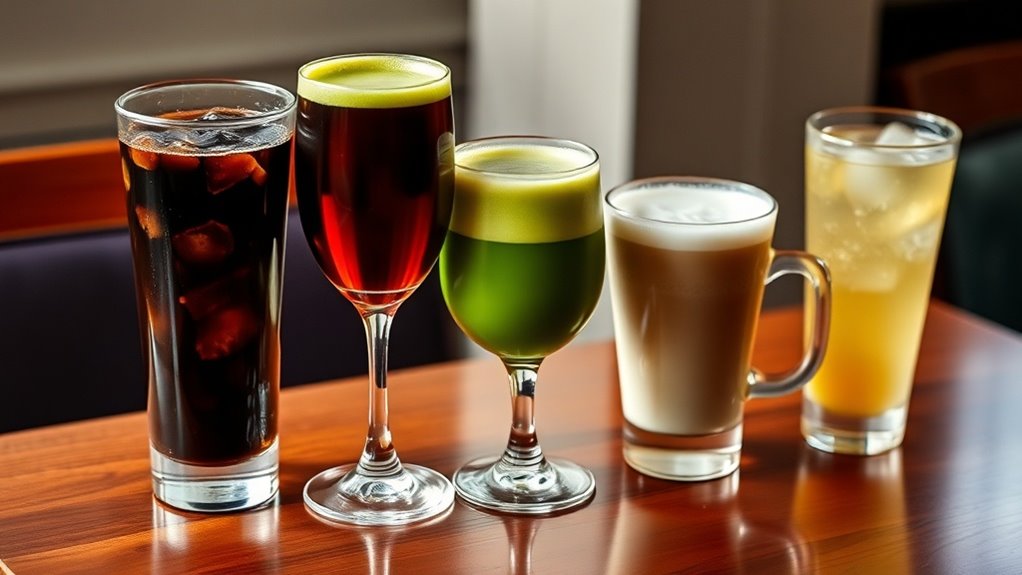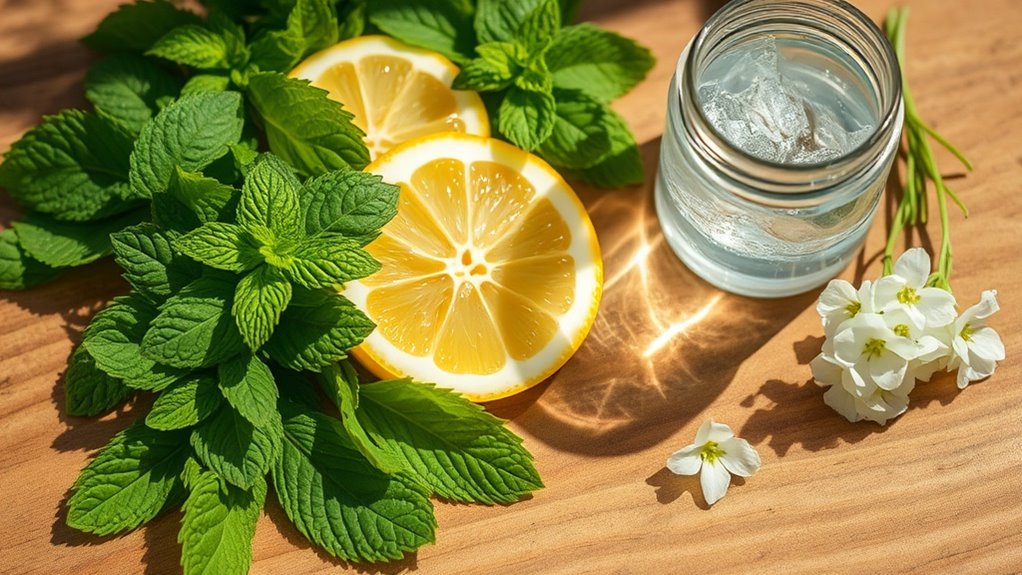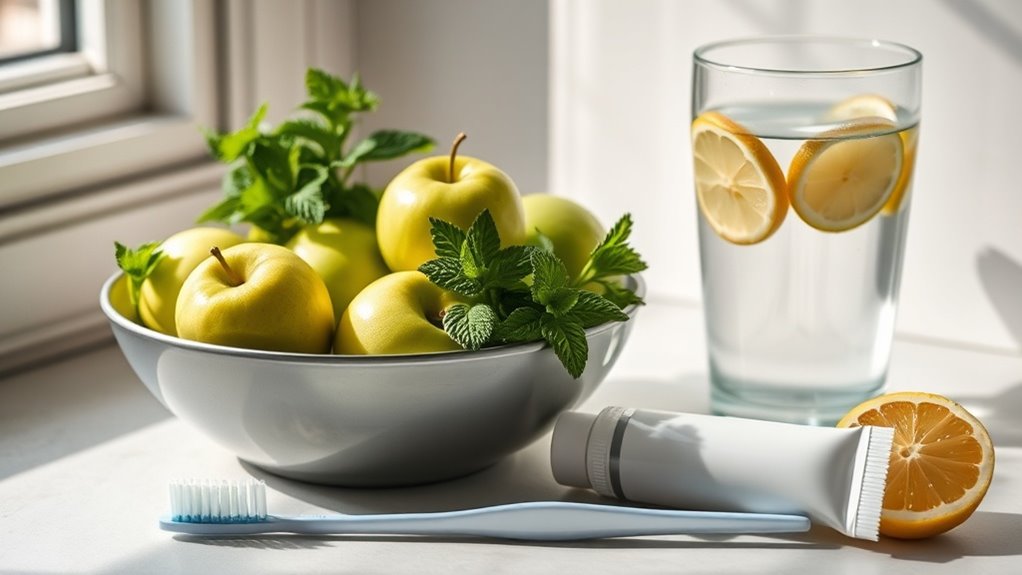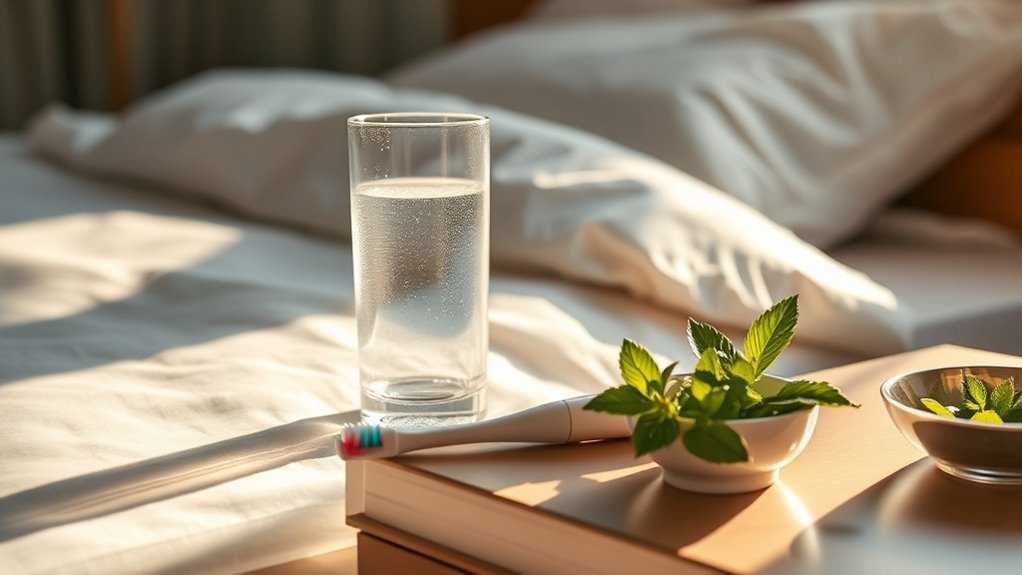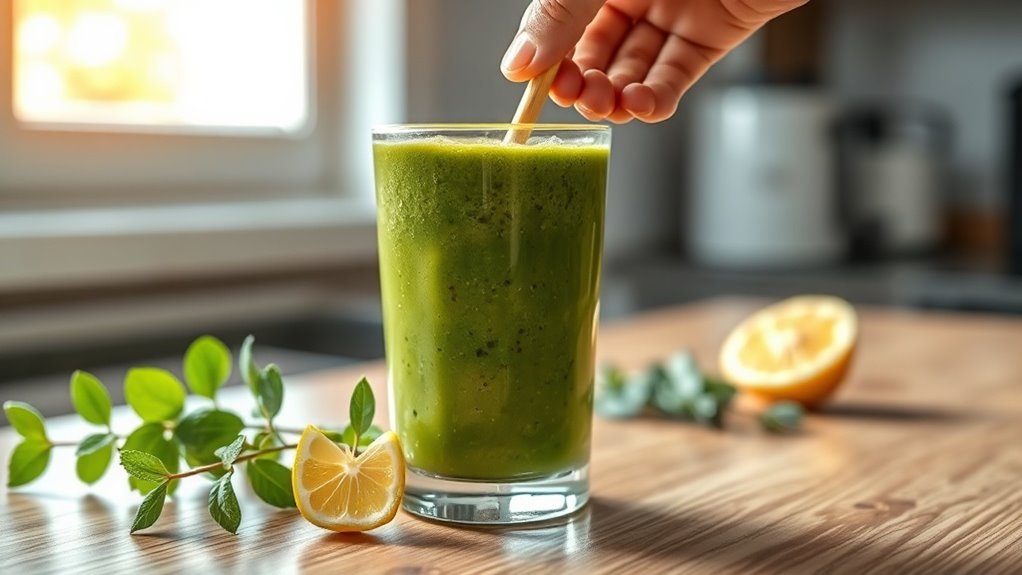5 Drinks That Secretly Cause Bad Breath
Sometimes, what you drink can leave a less-than-fresh impression. Your favorite beverages, like that morning cup of coffee or an evening glass of wine, might be undermining your breath without you even noticing. You wouldn’t want to unknowingly turn a pleasant conversation into an awkward situation, would you? Discover the surprising ways these common drinks could be contributing to your bad breath.
Coffee
While you might love starting your day with a steaming cup of coffee, it’s essential to know that this beloved beverage can contribute to bad breath. Coffee’s acidity and strong aroma can lead to dry mouth, which reduces saliva production. Without enough saliva, bacteria thrive, causing unpleasant odors. Caffeine reduces saliva production and exacerbates the drying effect of coffee, further increasing the likelihood of bad breath. Be mindful of how your favorite drinks can affect your breath, including this popular morning pick-me-up.
Alcohol
If you’re unwinding with a glass of wine or enjoying cocktails with friends, be aware that alcohol can also be a culprit in the battle against bad breath. Alcohol dehydrates your mouth, reducing saliva production, which normally washes away bacteria. This can lead to an unpleasant odor. Staying hydrated is crucial, as a dry mouth can exacerbate bad breath issues. To combat this, consider drinking water alongside your drinks to keep your mouth moist and fresh.
Sugary Soft Drinks
Even though sugary soft drinks are often a go-to for quenching your thirst, they can significantly contribute to bad breath. The high sugar content feeds bacteria in your mouth, leading to unpleasant odors. Additionally, the acidity can erode tooth enamel, creating even more problems. To keep your breath fresh, consider swapping that soda for water or herbal tea. Your mouth will thank you! Moreover, incorporating fresh produce into your diet can help improve breath freshness.
Milk
Many people don’t realize that milk can also be a culprit in causing bad breath. When you consume it, dairy proteins break down, leading to odors. Here’s how it happens:
- Bacteria feed on lactose
- Milk leaves residue in your mouth
- Curdling can occur during digestion
- Fat content may contribute to odor
- Dairy can dry your mouth, worsening smell
Additionally, poor oral hygiene can exacerbate the problem by allowing odor-causing bacteria to thrive. Keep this in mind next time you sip!
Fruit Juices
Fruit juices, particularly those high in sugar and acidity, can surprisingly contribute to bad breath. When you indulge in these drinks, the sugars can feed bacteria in your mouth, leading to foul odors. Additionally, acidity might erode enamel, increasing sensitivity and contributing to a less pleasant breath. Regular consumption can lead to weakened enamel and an increased risk of cavities, further exacerbating dental issues and bad breath. Opt for water or rinse your mouth after enjoying fruit juices to minimize these effects.
